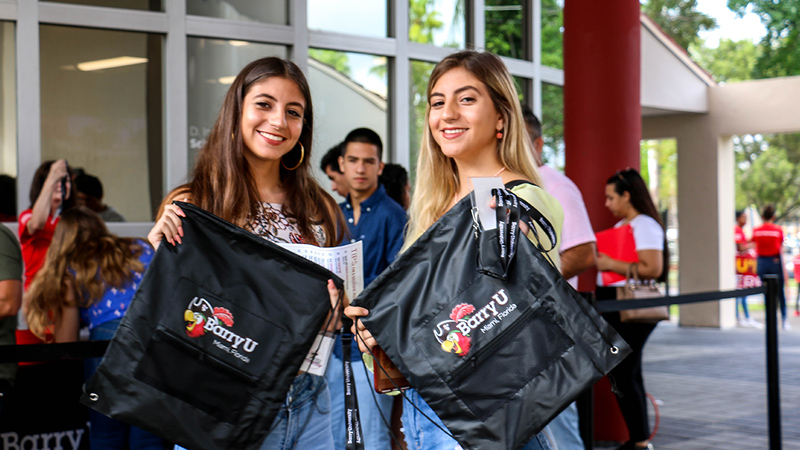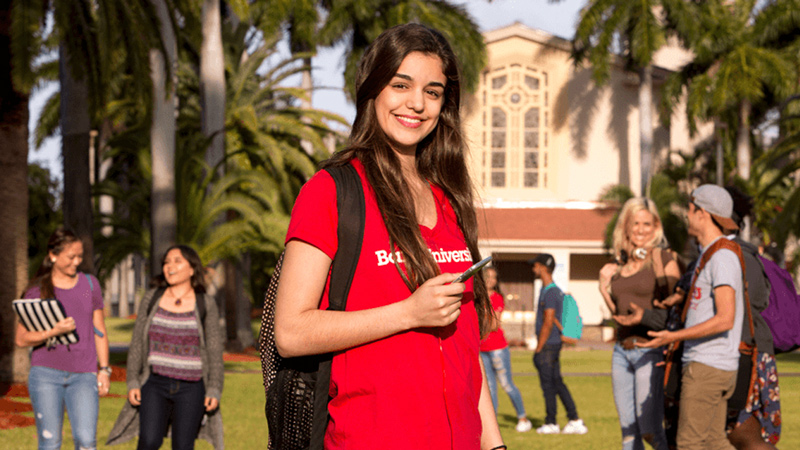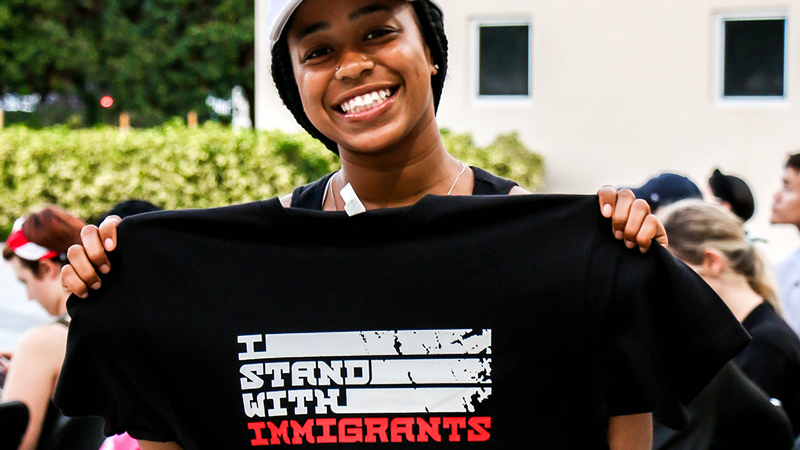Q. You have been a professor of music for 25 years at Barry. Why Barry University?
A. When Barry University was created in 1940 by the Adrian Dominican Sisters, it was founded on the ideals and principles of diversity and inclusion. These ideals have been part of the fabric of this university from the beginning, and the institute is an extension of those ideals.
The institute will enable Barry to study South Florida’s diverse immigrant experience to identify gaps and plan for how the university should respond to those gaps. For example, during Operation Pedro Pan, from 1960 to 1962, when 14,000 children came from Cuba to the United States, Monsignor Bryan O. Walsh realized a social work program was needed to assist in their transition. Since then, Barry University has created the Social Work Program, which has graduated over 6,000 students. It’s one of the best in the state.
Through research on issues such as the effect of gentrification and development on immigrant communities, obstacles to attending college for first-generation immigrants, and barriers to fair employment and housing, to name a few, Barry University will play an instrumental role in implementing a plan of action. Because of our core commitments and our urban location, surrounded by immigrant communities, Barry is committed to responding to the needs of our community. Eventually, we imagine having an Immigration Studies minor with a specific curriculum, as well as events that will start opening the institute up to students and faculty. That includes creating Faculty Fellows to encourage research on immigration.
Q. What has the institute accomplished so far?
A. We have focused on fundraising and formative research and strategic participatory planning with multicultural community representatives, faculty, etc., to identify their priorities and understand their visions for Barry’s role.
Q. What work of the past two years makes you most proud?
A. We recently held our first public event, which featured a presentation of the book, Found in Translation: 32 Poems, by Hyam Plutzik. Richard Blanco, our poet laureate, and the inaugural poet for the Obama presidency, wrote the forward of the book and was a guest speaker. One of the poems was set to music by Robert Cohen and was performed by the Barry University Chamber Ensemble singers. Barry students also read poems in English and in Spanish.
That event embodied the vision of the institute because it represented a cross-disciplinary artistic collaboration— the book had been translated by over 12 translators from different parts of Latin America and Spain. It also represents interdepartmental, student, and public engagement.
The life-size replica of the sculpture “Angels Unawares” by Canadian sculptor Timothy Schmalz, displayed at Bayfront Park as part of a world tour. The piece is a representation of the human family and the story of migration.




















